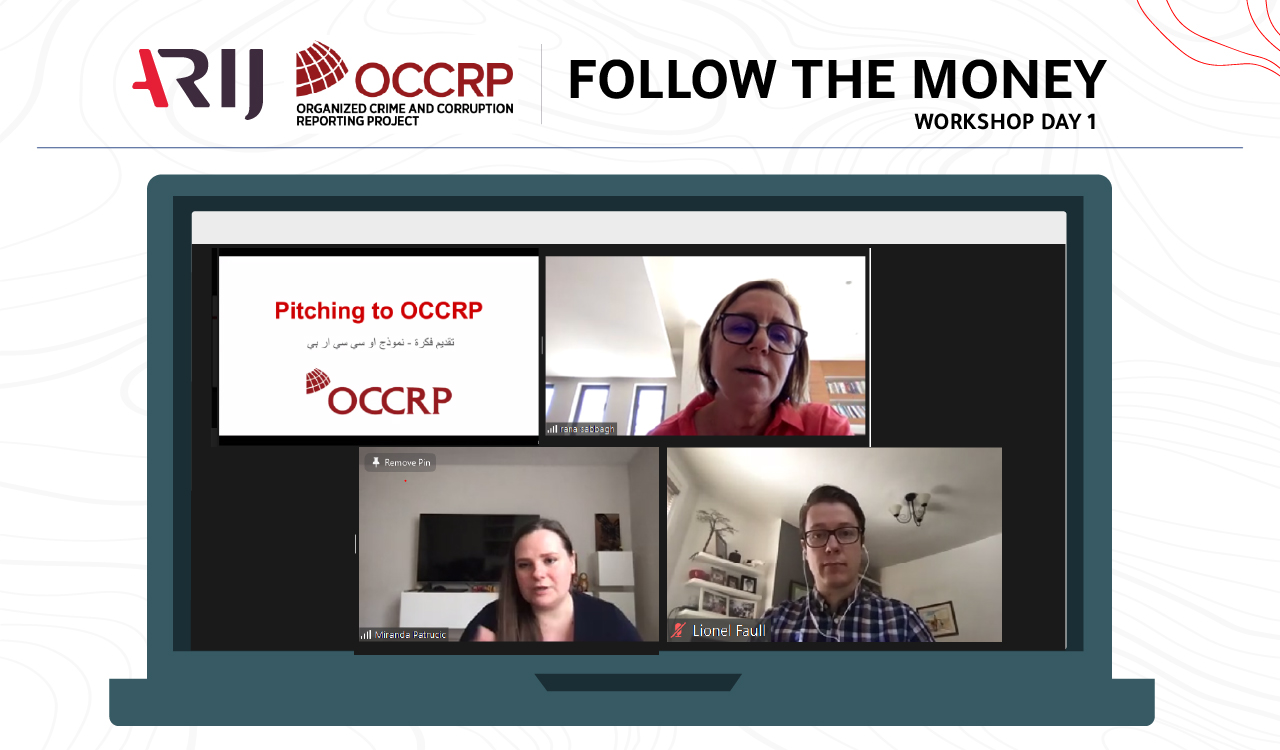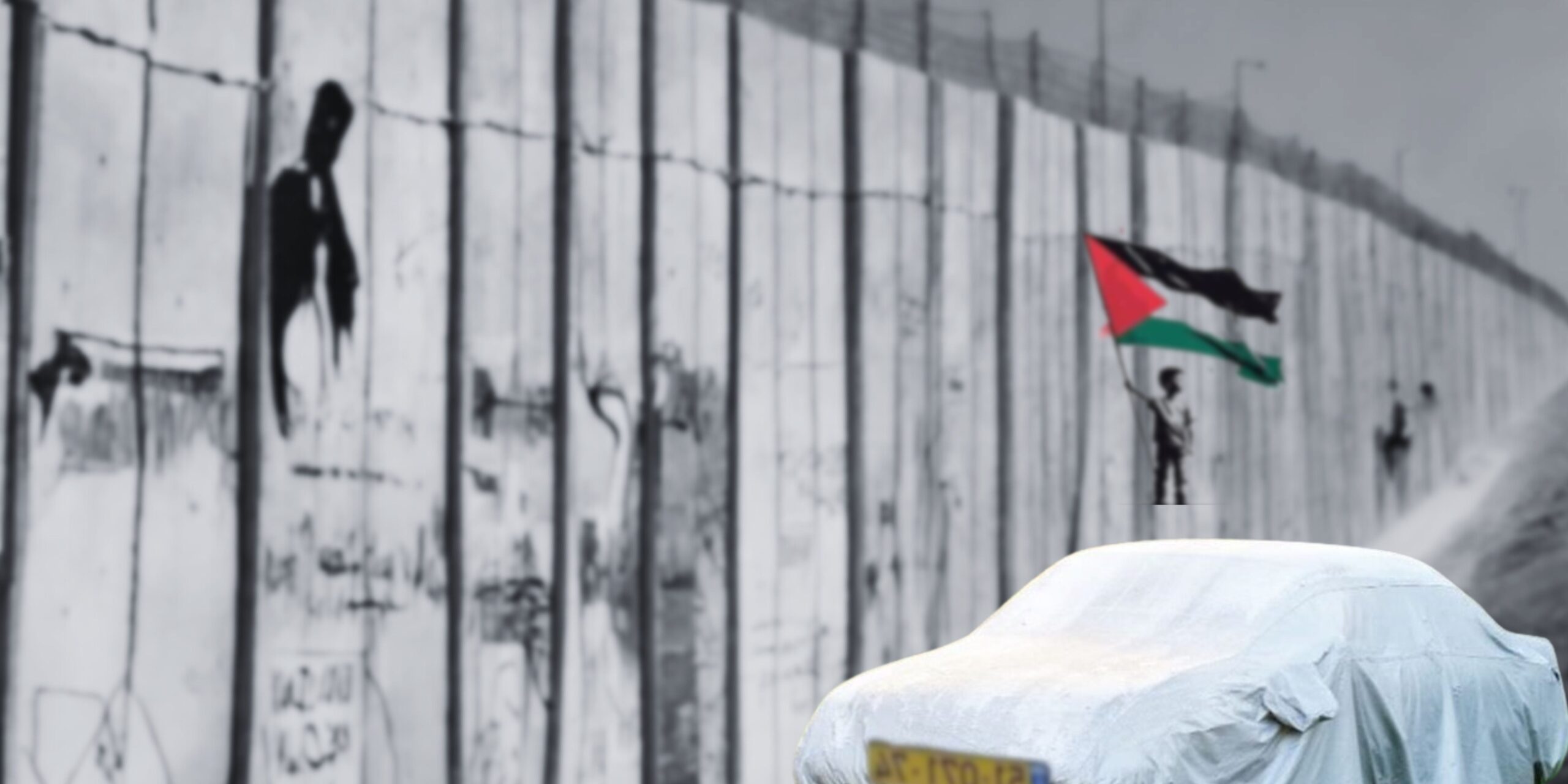Fifty five journalists participated in the investigative journalism workshop specialized in tracking money and corruption organized by OCCRP (the Organized Crime and Corruption Reporting Project) in cooperation with ِARIJ Network (Arab Reporters for Investigative Journalism), over a period of four days from 19-20 and 26-27 of March, 2021.
Eight of the most skilled specialists in tracking money and corruption around the world gave this training, and demonstrated the most important investigative skills that OCCRP has accumulated. The training dealt with the methods used in money smuggling operations, fraud practices, and assets theft, as well as the most important tools in tracking cross-border money transfers, investigating public and politically exposed figures, including senior officials and figures of the criminal world, and researching the background of commercial activities and offshore havens to find hidden funds.
The journalists also learned about tools for analyzing financial data for money smuggling operations, investigating cross-border corruption, and analyzing financial companies’ bulletins to understand the budgets and financial explanations attached to companies’ accounts, in order to understand how corruption and money manipulation take place.
Miranda Patrucic, a journalist and investigative editor who specializes in tracking money and ways of hiding it, advised journalists to, “Devote all your time to searching for the accused people and their accounts on social media platforms to know who their friends and enemies are, and the previous allegations against them, and to draw a broader road map, then learn everything about any paper you get your hands on.”
Journalist and editor Lionel Faull presented the skills needed for investigating corruption and money laundering and the requirements needed to support it. While Tom Stokes explained to the journalists how to investigate tax havens in Britain and deal with the laws governing these processes to obtain information, and display data in an effective way through the use of available online tools like DataRapper, Flourish and create graphs and maps.
Karina Shedrofsky, Head of Research at OCCRP, presented the most important research tools and databases that help in accessing documents that support money and corruption tracking investigations.
Nick Mathiason, Director of Finance Uncovered, explained to journalists how they can analyze corporate financial bulletins to understand the budgets and financial explanations attached to companies’ accounts, in order to understand how corruption and money manipulation take place.
Rana Sabbagh, Senior Editor for the Middle East and North Africa, shared with journalists how to plan and organize cross-border investigations. The investigation of the ship that transported the ammonium nitrate to Beirut was taken as a business model.
Sana Sbouai, editor of the Middle East and North Africa division of OCCR, presented how to use social media and benefit from it as a research tool that helps in tracking money and corruption.
James Wright, deputy editor-in-chief of investigations at OCCRP, explained how participants can turn piles of data and statistics into a compelling and moving narrative.
Finally, Aisha Down, an investigative journalist, explained to the journalists the method OCCRP uses to check facts before publishing an investigation, and its most important techniques and tools.








